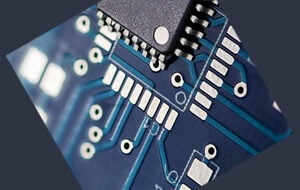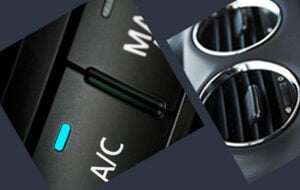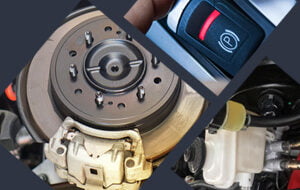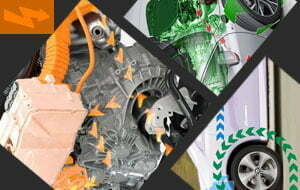Sensors & Actuators
Course Details
The automotive industry undergoes constant technological development to produce safer, more comfortable vehicles with better performance. Much of this evolution today is focused on electronics, whose presence in vehicles is continually growing.
The interaction between the mechanical systems and the electronics is possible thanks to sensors, which are in charge of transforming all types of physical variables into electrical magnitudes, and actuators, which transform electrical magnitudes into physical work.
This means that a technical understanding of these elements is necessary to correctly troubleshoot and repair them and the systems that they form part of.
The main objectives of this course are:
- Learn the basic operating principles of the sensors in a vehicle.
- Know the principal applications of the different types of sensors in automobiles.
- Know the verifications to be carried out on the sensors are covered that.
- Learn the basic operating principles of the actuators in a vehicle.
- Know the principal applications of the different types of actuators in automobiles.
- Know the verifications to be carried out on the actuators that are covered.
- That study the control electronics that manage the sensors and actuators.
Course Topics
General aspects (37 minutes)
Introduction
The function of sensors
The function of actuators
Sensors (420 minutes)
Magnetic
Hall effect
By electrical conductivity
Magnetoresistive
Thermoresistive
Piezoelectric
Piezoresistive
Capacitive
Photoelectric
Ultrasound and radio-frequency
Breakers and switches
Test of knowledge
Actuators (240 minutes)
Electromagnetic
Electric motors
Piezoelectric
Heaters
Pyrotechnic
Optical / Visual
Test of knowledge
Control electronics (120 minutes)
Digital techniques
Logic gates
Control unit
Test of knowledge
Self-assessment (31 minutes)
Self-assessment

| Avg. Duration | 14 hours 8 minutes |
|---|---|
| Type | Self Study |
| Category |


